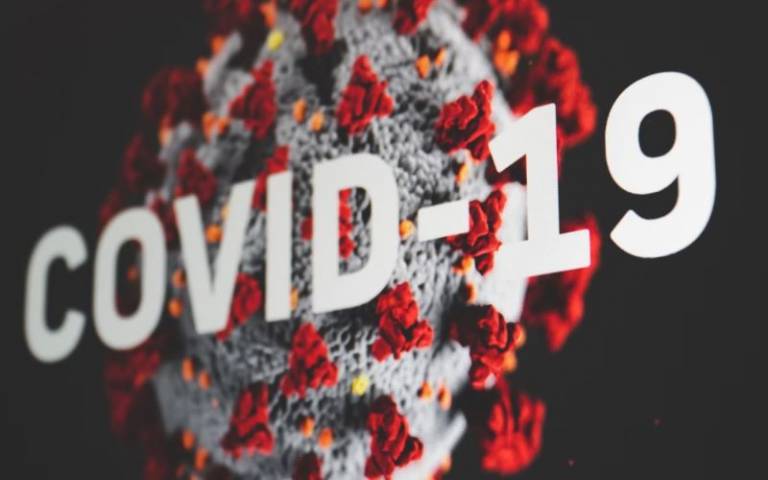New Paper: Stigmatising Attitudes at the Start of the COVID-19 Outbreak
11 October 2021
IHI researchers publish a paper exploring stigmatising attitudes at new disease outbreaks and consider what more needs to be done to challenge these beliefs.

26% of the UK public thought it "best to avoid areas... heavily populated by Chinese people" at the start of the COVID outbreak.
Stigmatising attitudes are common at the start of novel infectious disease outbreaks, with groups perceived as being responsible for the origin and spread of infection being blamed. At the start of the COVID-19 outbreak, people of Chinese origin and appearance were stigmatised. In the UK, reported rates of hate crimes towards people of Chinese origin or appearance in 2020 was two to three times higher than that in the previous two years.
The CORSAIR team, with Prof Henry Potts (IHI) and Prof Susan Michie at UCL and colleagues from King's College, London and Public Health England, are analysing a series of cross-sectional surveys of the UK public's beliefs, attitudes and feelings during the pandemic. In this paper, the team analysed data collected 10-13 February 2020, when there had been just 9 cases in the UK and uncertainty about the new disease was high. Holding a stigmatising attitude was associated with greater worry about and greater perceived risk of COVID-19, and with poorer knowledge about COVID-19, among other variables. (The survey referred to "coronavirus"; the name COVID-19 was only announced by WHO during the data collection period.)
At the start of an emerging infectious disease outbreak, there is a need for proactive official communications to reduce uncertainty as much as possible. As recommended by the WHO, neutral scientific language to describe a pathogen, rather than deriving a name from its country of origin, is important. Anti-Chinese attitudes have persisted. It should not be assumed that the passage of time will resolve stigmatisation and discrimination. More needs to be done to challenge stigmatising attitudes.
 Close
Close

